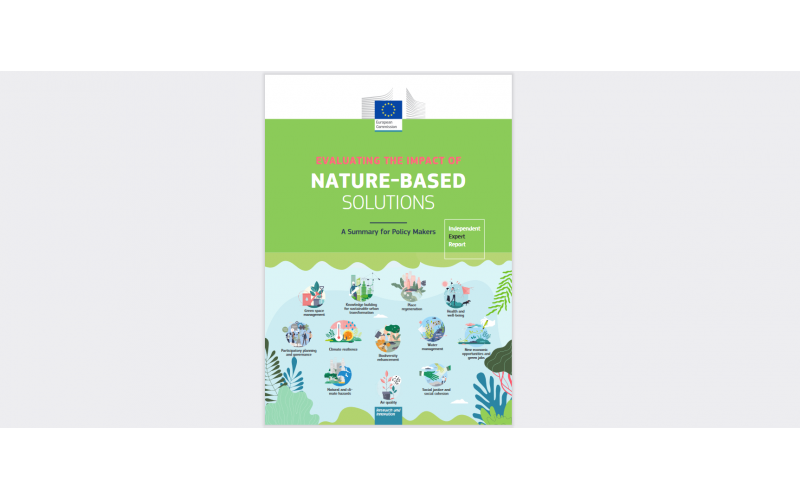Assessing the impacts of nature-based solutions is essential to understand their effectiveness in addressing current interrelated societal challenges. Robust impact evaluation supports practitioners to understand and document the outcomes of nature-based solutions, resulting in improved quality, efficiency and effectiveness at various stages of nature-based solution implementation. Knowing which nature-based interventions are effective and at what cost is critical for decisions about the action itself, as well as for assessment of the up-scaling and/or replication potential of a given nature-based solution. This publication provides a summary of key principles in developing your impact evaluation framework, which includes the development of your theory of change, and the selection of appropriate indicators of impact and methods to obtain useful and high-quality data. Through the presentation of four European nature-based solution case studies, with diverse geographies and challenges, they illustrate how impact evaluation can be tailored to local contexts. Hopefully will inspire you to further explore the detailed information available in Evaluating the Impact of Nature-Based Solutions: A Handbook for Practitioners, and the accompanying Evaluating the Impact of Nature-Based Solutions: Appendix of Methods.

